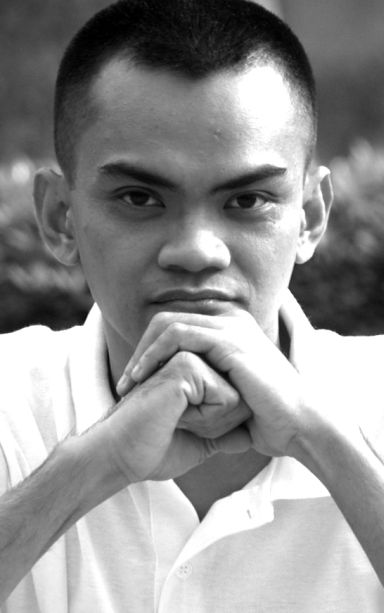
PAREDES
Without God,” Fyodor Dostoevsky once said, “everything is possible.”
This is not just a reversal of the truism that with God everything is possible. Dostoevsky, a former radical and atheist who later converted to Christianity, was actually implying how the lack of faith could often corrupt one’s morality, leading to the belief that without the prospect of karma or eternal damnation, one is allowed to do just anything, even the worst perversions, without any hesitation.
In other words, the absence of God in the minds of people often leads to a sense of license or self-justification where self-interest becomes the sole basis of determining whether one’s act is right or wrong. But writ large in this dilemma among individuals is the gradual death of God in a society that no longer acknowledges a divine source of all universal laws upon which human laws are supposed to be grounded.
God, as the great Logos or Divine Reason, ceases to become the ultimate arbiter of ethical judgment. And as God disappears in the minds of men, they decide for themselves what is moral. A moral relativism thus pervades society as all universal principles are disregarded. No longer grounded on reason, laws are enacted according to people’s passion. Lady Justice removes her blindfold.
Right gives way to might. A society of laws gives way to one of men, or worse, the rule of one man who is perceived to be the strongest. Thus, the rule of law gives way to the rule of the Strong One.
And ruling by sheer might and passion, the Strong One only thinks of self-preservation or rather the perpetuation of his power and privilege. He makes sure that he has control over all branches of government and every apparatus of the state. But most importantly, the Strong One sees to it that he has control over the armed agents of law enforcement. He makes sure that they shift their loyalty from the abstract Law to him, whose threats are more tangible.
Such a shift may take some time, and the public has to be persuaded that the rule of the Strong One is justified. A new narrative must be told many times over through the media and the instruments of public education to justify the regime and why only the Strong One is now above the law. History has to be rewritten for the New Order.
Unity under one ruler is more important than chaos arising from claims to entitlements and right to dissent of different sectors. Such “negative elements” have to be quelled. Intimidation tactics are used to silence opponents. Criticism should not get in the way of harmony.
In line with this new narrative, true equality can only be achieved through the total control of the Strong One. The public will have to be harmonized as one class by promoting a pacifying and leveling cultural program of the state.
Spiritual values and aesthetic needs take a backseat as the material well-being and public order is given priority. Art, culture, and even religion must take the expedient role of serving the state, of promoting its goals to the public.
Such is the vision of a state that is necessarily ruled by the Strong One. It is only the Strong One who could bring about such change. He is the public’s only hope and savior. The Strong One understands this and is fully convinced of his importance and his benevolent role.
In the meantime, he makes sure that he is able to seize full control of the instruments of the state. He has to get rid of anyone or any idea that stands in the way of the great change that he promised to bring about. He has to remove all obstacles, every legal constraints to his power. He uses enabling laws or dismantle existing laws, even the whole Constitution itself by declaring it obsolete. He has then possessed the power to make his own laws. As he becomes the maker and enforcer of laws, he then equates himself with the law.
Thus the laws of such a constitution shall be based only on one absolute: the absolute power of the Strong One. And, as Dostoevsky would have imagined, in the mind of such a ruler who does not fear God or fancies himself as God, everything is possible.